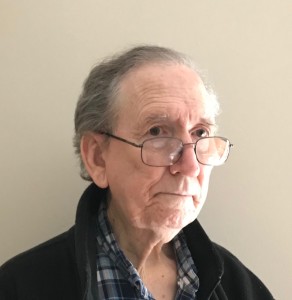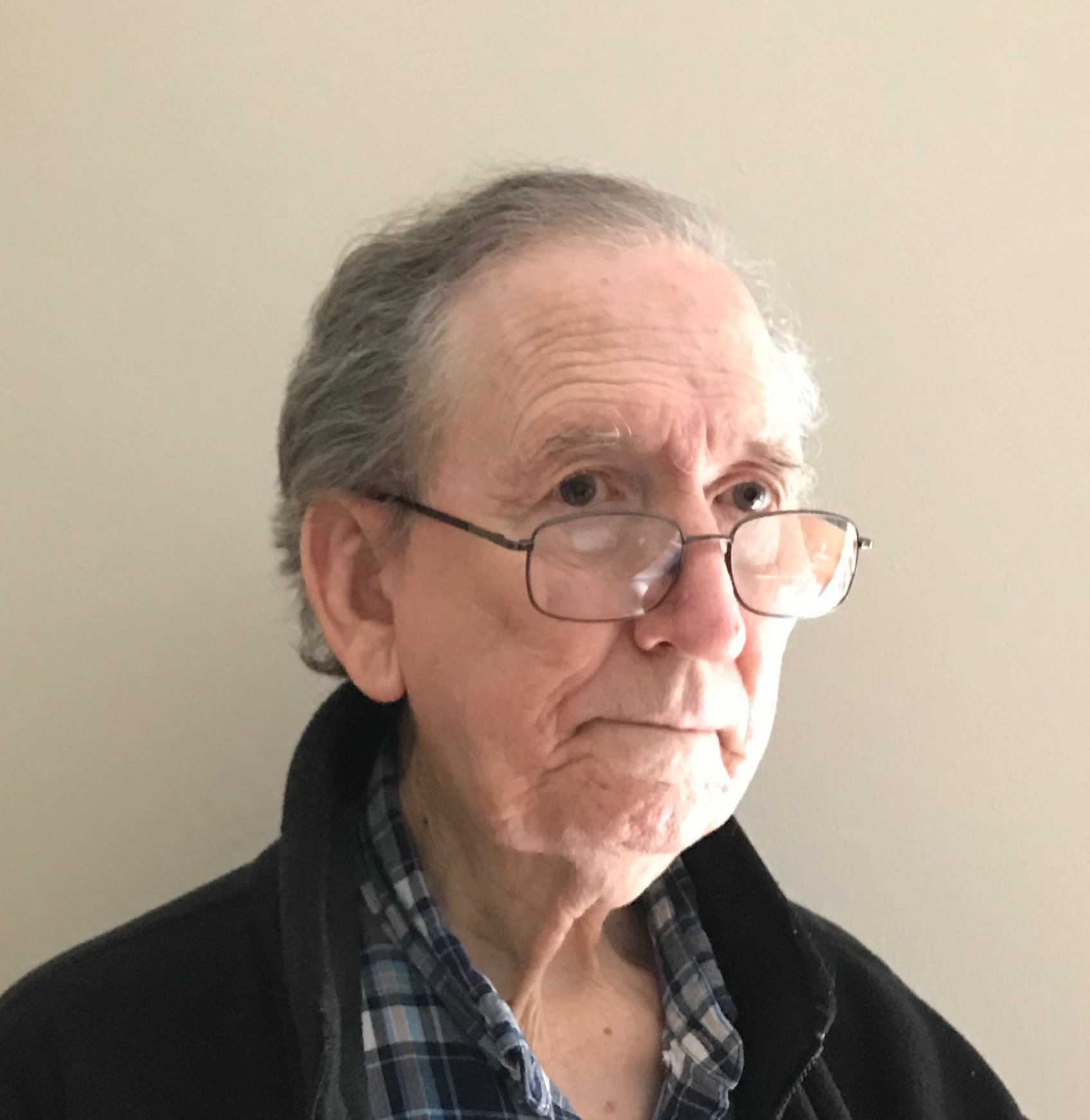I read a statement by an author recently that if one does not follow a regular regimen of daily composition, one is not a serious writer. This was a fairly vain statement, it seemed to me, because it relegates the work of so many writers to that of the amateurish. From what I have read of the working habits of writers, every author is different, with his or her own spurs to activity. For my own part, it is useless for me to sit at my laptop when I have no ideas, or when I have ideas but no inspiration to drive them along. And one thing I must get right at the outset, or my piece will lack grace and fire, is voice. Voice sets the tone of the whole story; if that is not right, nothing’s right.
So much of the work of writing for me is waiting for the first paragraph to announce itself. Once I have that, I can write; or I can if I do not lose the right note halfway through the story. (Doubtless you are wondering if I have a particular case of writer’s remorse in mind—and in fact, I do. My story “A Ganelon,” I feel, lost the trail before it got to the end; the engaging voice with which the narrative began gave way to a cloyed imitation of itself.)
I can give samples of first paragraphs that have set me on the right track. The first is from a story called “Cloven”:
He went plunging month upon desolate month down forgetful waters, losing will for all but the most necessary acts (except that schoolwork he scraped together before the final class bell, fearing failure, for heroes do not fail). In past days, when he was a child, he liked doing things—helping Mom, for example, by mopping the floor or dusting furniture. Long ago he lost a taste for any of that—for anything, in fact, except scenes enacted in his mind. He would not clean his room, though Mom raved and cried. Red-eyed, she said he was not good anymore; she worked endlessly, slave-whipped herself till her bones hurt, and still he would not help. So she sent him to one job, another, now this Modjeska; and the forgetful river deepened, more than ever a drowning place, channel of woe.
A second is from a story called “Remorse”:
Once upon a time in Queens, a long time ago now (this was in the days of Boss Tweed and the influx of poor Irish and German immigrants that made Tammany Hall a powerhouse, you know), there was a gang of cutthroats that roamed the streets at night. One evening at about nine o’clock they attacked, ravished, and left for dead a poor shop girl who could not afford to take a hack from the store where she worked to the squalid place she called home. Most of that gang reveled in the sport of the vicious attack, but one among their number was appalled even as he was caught up in the wildness of the hour; and in the very act of violating the helpless girl he felt a strange love flowering. This youth, Julian Aplin, was cast down into the deepest dark of remorse for what he had done, and he felt that he was beyond the pale, the worst of sinners, and could never be forgiven.
This is enough to show what I wait for: a flow, a tone, a voice.
Much more powerful than any of my opening salvos is the first paragraph of Leo Tolstoy’s novel Resurrection:
No matter that men in their hundreds of thousands disfigured the land on which they swarmed, paved the ground with stones so that no green thing could grow, filled the air with the fumes of coal and gas, lopped back all the trees, and drove away every animal and every bird: spring was still spring, even in the town. The sun shown warmly, the grass came to life again and showed its green wherever it was not scraped away, between the paving stones as well as on the lawns in the boulevards; the birches, the wild cherries, and the poplars unfolded their sticky and fragrant leaves, the swelling buds were bursting on the lime trees; the jackdaws, the sparrows, and the pigeons were happy and busy over their nests, and the flies, warmed by the sunshine, hummed gaily along the walls. Plants, birds, insects, and children rejoiced.
The paragraph goes on to say that men, however, did not find the spring sacred. What was sacred to them was their own devices “for wielding power over their fellow men.”
Tolstoy sets the tone of Resurrection in the very first paragraph, and the voice is pure Tolstoy.
Tolstoy waited twenty years for Resurrection to gestate. I can only suppose that he, like me, had to wait for the wings of inspiration.
What does a writer who must do much waiting do while he waits? He reads. I feel that a writer must read widely if he is not to become one-dimensional. Ernest Hemingway named all sorts of writers, as well as painters and composers, who had influenced his work—and that, I feel, is as it should be. Particular writers who have influenced me are Herman Melville, Henry James, Virginia Woolf, Eudora Welty, the aforesaid Hemingway, Graham Greene, and several more whom I will not name. My point is that a writer should read, period, Erskine Caldwell notwithstanding.
I am not saying read because it is a duty, a course of study; rather, read because it provides heady experience, because it is fun. When a book stops being fun, lay it aside.
I would not presume to suggest how any other writer should go about his work. I can only answer for myself. Your work habits are between you and your muse. Nonetheless, there is one thing I can say that should universally apply: there should be a bond between you and your work. It should be powerful and enduring. Without that emotional bond, one is only dabbling in belles lettres.
 David Massey has a Master’s Degree in English Literature After 1660 from The University of South Carolina and, while there, studied creative writing under George Garrett and James Dickey.
David Massey has a Master’s Degree in English Literature After 1660 from The University of South Carolina and, while there, studied creative writing under George Garrett and James Dickey.



